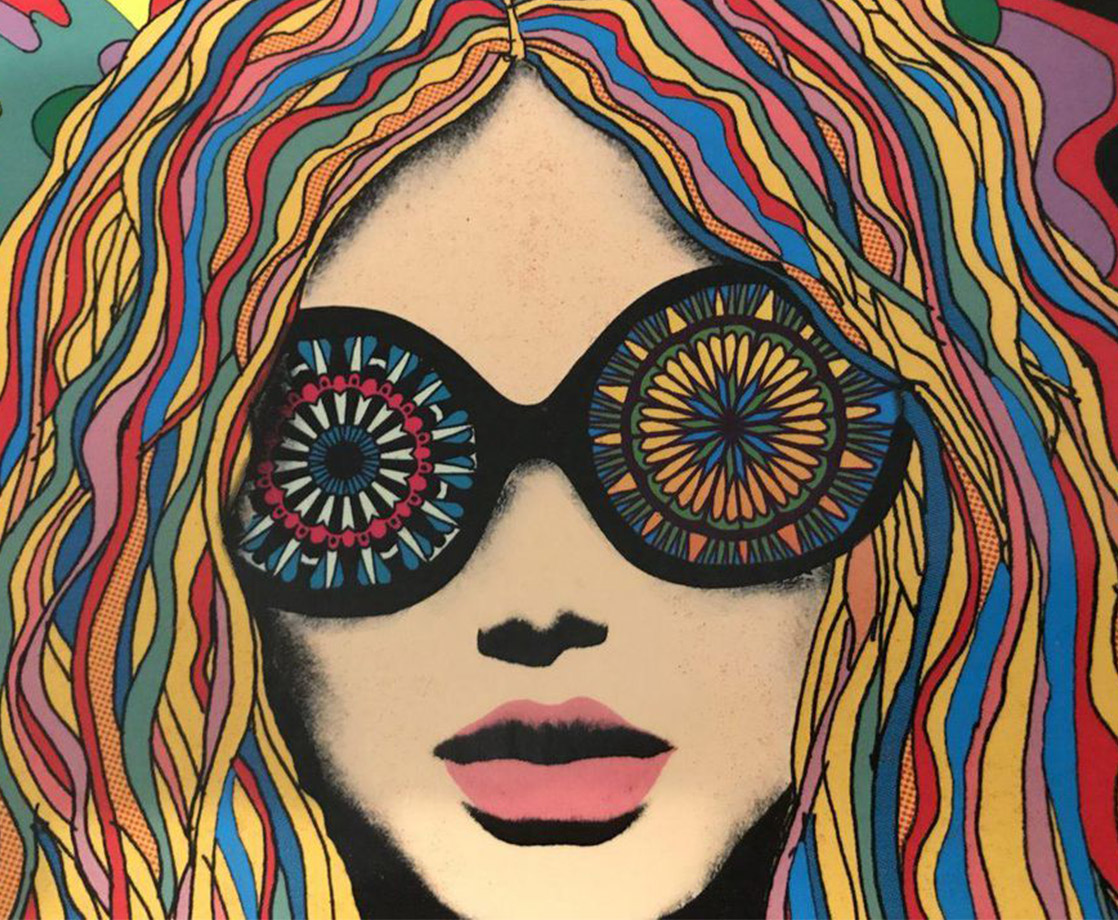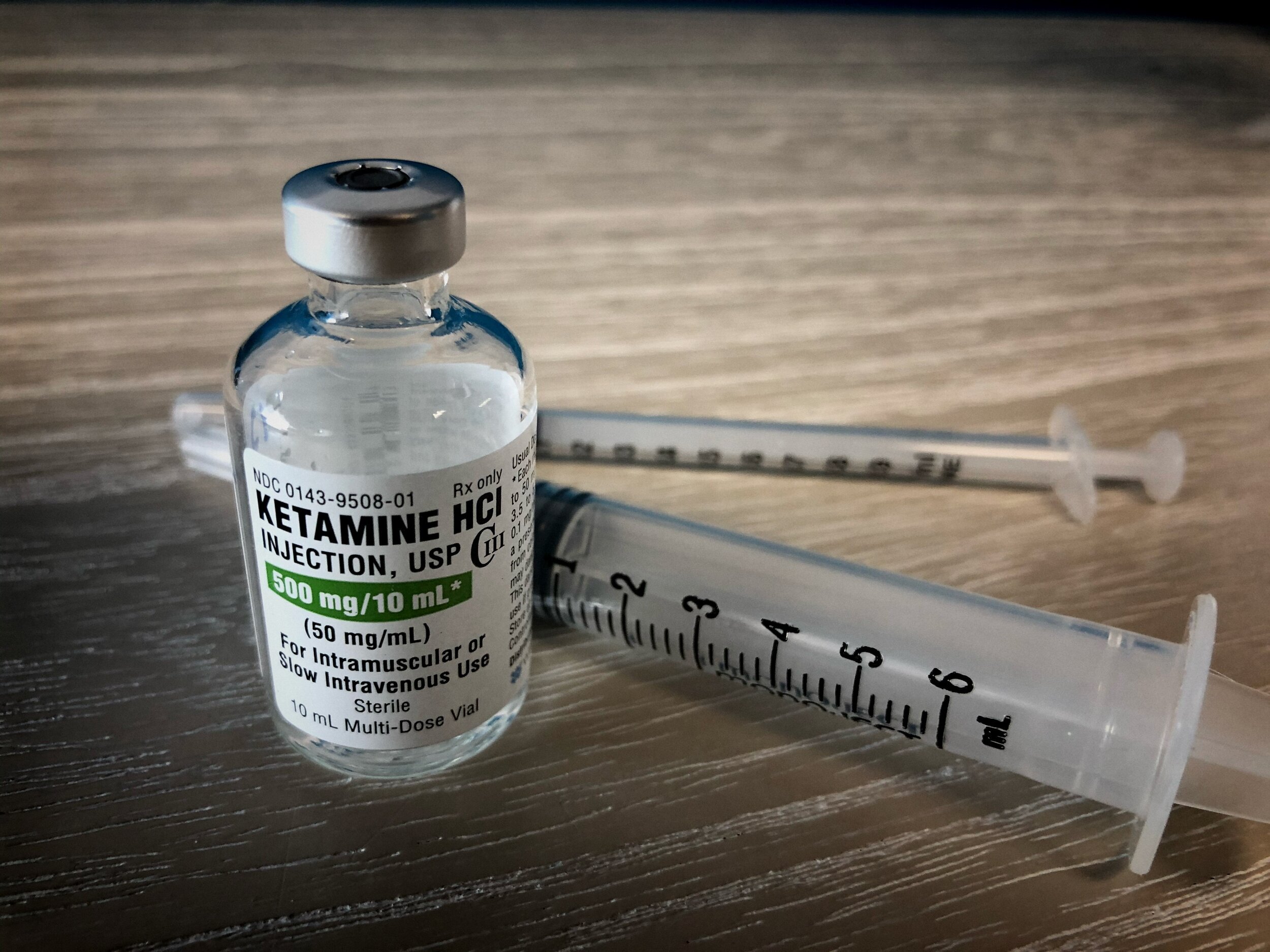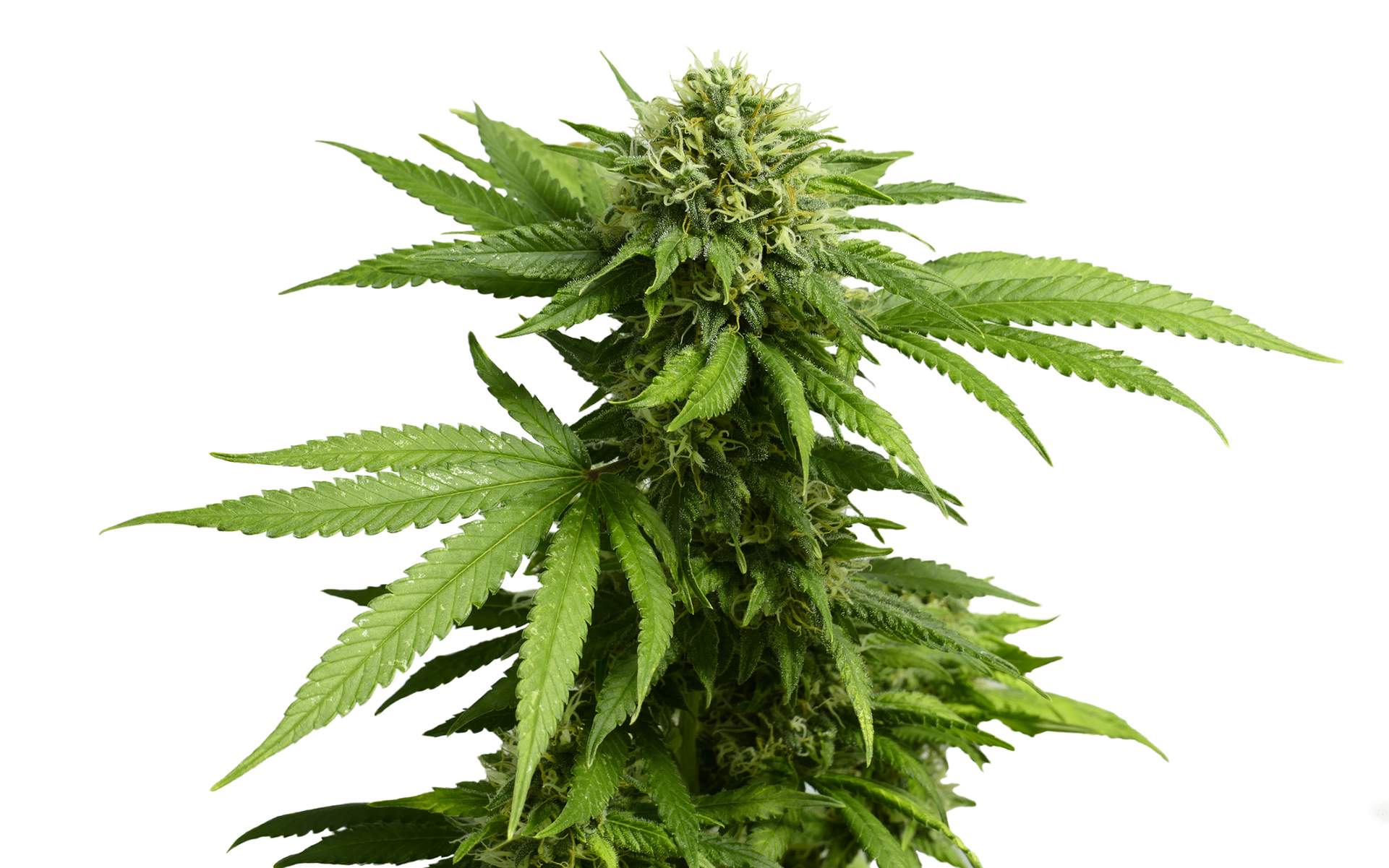In The Book of Highs: 255 Ways to Alter Your Consciousness Without Drugs, author Edward Rosenfeld delivers on exactly what the title promises. Ranging from ancient techniques such as meditation and fasting, to cutting-edge explorations of isolation tanks and virtual reality, The Book of Highs breaks down how to access the intoxication, insight, and mind-expansion that we normally associate with drug use by simply taking, as described here, time and practice with these methods.
Edward Rosenfeld himself is a pioneer in the elevation of consciousness, and he has explored every method, innovation, and experiment in the field over the past 50-plus years. He was a founding editor of Omni magazine, and has authored multiple volumes on the history of neural networks and artificial intelligence. The native New Yorker initially published The Book of Highs in 1973 in response to the U.S. government outlawing all psychedelics, but he's updated the classic for our ever-evolving times. In other words, this particular psychonaut remains committed to chronicling humanity's upward path toward inner enlightenment. The legendary author took some to talk to MERRY JANE and, as to be expected, it was a trip!

MERRY JANE: The Book of Highs originally came out in 1973. What happened with that version of the book?
Edward Rosenfeld: First off, I read the MERRY JANE review of The Book of Highs. It was great! I was very impressed, and I'm so happy to talk to you! This site, with these kinds of topics — it's a perfect fit.
In terms of what happened with the original book — well, nothing happened. I started it in the late 1960s, and eventually sold it to Simon & Schuster. Then I got the rights back and it was published by Quadrangle, which was owned by The New York Times. It sold, I think, about 50,000 copies. I got a lot of media interview opportunities and college speaking engagements. Then, once Quadrangle closed down, they sold the rights back to me.
How did you come to update and reinvent The Book of Highs?
So much of the material was still so good, but so much has happened. Workman Publishing liked the retro feel of the book, so we were careful to keep that while updating all the information. Also, the original book contained a passage on Scientology that I absolutely wanted to change. I had been involved with Scientology, but they played me. So that needed to be addressed.
I worked with a brilliant editor — Samantha O'Brien. She is the best editorial partner I have ever had in my entire career. Together, we updated the book and Workman kept the retro feel, which really worked out great.
Of all the techniques mentioned in the book, what's your personal favorite way to alter your consciousness without drugs?
Number 39 — loving. That's always my answer. Loving. My background is as a couples' therapist and a sex therapist, so I really think nothing is more powerful or more important.
Love absolutely puts you into an altered state. When you think about the one you love, chemicals race and your consciousness changes. Every time. I'm married to my wife now for 34 years and there's attachment, but it's all still about love.
What techniques in the book that might you describe as "dangerously powerful"?
I call them "caveats." For example, when it comes to walking on hot coals, one person might be able to do it without getting burned, while another person right alongside them, who has been through the same training, the same preparations, might get burned. It's not easy to predict.
Virtual reality is another challenging area. Right now, one big problem that is that virtual reality is having is that it can be emetic — it can cause severe motion sickness. That's something that's being worked on.
So there's a caveat in many of these techniques regarding the results. Two people try the same thing, two different ends can occur. Once again: they're not easy to predict.
As VR and other consciousness-altering technology develops, how will the role of drugs change in terms of people getting high?
I think drugs will become more pervasively used, and they'll be used with more safety, and to greater effect, once we're out of prohibition. And it looks like, I'm happy to say, that's where we're finally heading — because they can't ban the individual's mind.
It's all about perception and understanding and new approaches. Take for example, Finnegan's Wake by James Joyce [the Irish author's challenging, experimental 1939 novel written in a language of his own making]. This is a book that, if you just try to read the words to yourself the way they're written — it makes no sense. Joyce was using a different approach to language and understanding. So this is what I discovered: if you read Finnegan's Wake out loud with an Irish brogue, it all makes sense! That's what I did.
So drugs have been an important way for us to approach intelligence and perception, and I think they will continue to be important as they change, along with how we change.
What is your hope for the updated edition of The Book of Highs?
Well, it's a gift book. It's a sweet book to give someone. It's meant to be dipped into here and there; it's not meant to be a tome. People tell me they've read it beginning to end, cover to cover, and I just can't imagine that. I didn't mean for it to be that way. Pick it up, open to a page, read a bit, and maybe give something a try. It's a little intro to a big range of what's possible.
For more on Rosenfeld and "The Book of Highs" visit his website here
Follow Mike McPadden on Twitter











